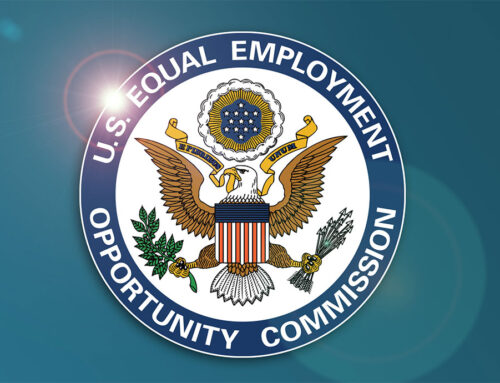It’s time to revisit the Colorado POWR Act and its restrictions on nondisclosure and nondisparagement requirements in separation agreements. But first . . .
Shall I Call My Employment Lawyer Today?
A Sonnet by Emily M. Hobbs, Ascent Employment Law
And this termination hath all too short a date;
Sometimes too hot the eye of budgets shine,
And often legalese is meant to be skimmed;
And every risk is brisk and over time declines,
Without fail rambling legal provisions untrimmed;
Cause more confusion than should be made,
And employees appreciate employers who ow’st;
Receiving funds that wouldn’t otherwise be paid,
In exchange for a release of claims she’ll go’st:
So long as we pay on time we’re free,
So long, she won’t challenge the release.
In the category of “no good deed goes unpunished,” offering a severance payment to an employee in exchange for a separation agreement that violates Colorado law can wind up costing employers time and money. The Colorado Protecting Opportunities and Workers’ Rights Act (“POWR Act”), which went into effect on August 7, 2023, requires that any nondisclosure and/or non-disparagement agreement explicitly allow employees to disclose information related to alleged discriminatory or unfair employment practices.
Under the POWR Act, nondisparagement and confidentiality provisions between an employer and employee (or prospective employee) are void unless they meet the following criteria:
- The restrictions and terms must apply equally to the employer and employee;
- The provision must state that it does not restrain a party from disclosing the underlying facts of any alleged discriminatory or unfair employment practices, including the existence and terms of the settlement agreement, under circumstances outlined in the statute, including: (a) to immediate family members, religious advisors, medical or mental health providers or support groups, legal counsel, financial advisors and tax preparers; (b) to any local, state or federal government agency for any reason or in response to legal process (without prior notice to the employer); and (c) for other purposes as required by law;
- It must state that disclosure of the underlying facts does not constitute disparagement;
- If the agreement contains a nondisparagement provision, it must include a condition that, if the employer disparages the employee or prospective employee, the employer may not seek to enforce the nondisparagement or nondisclosure provisions of the agreement or seek damages against the individual for violating those provisions (although all other provisions remain in effect); and
- The agreement must include an addendum signed by all parties attesting to compliance with the above requirements.
Additionally, under the POWR Act, a liquidated damages provision may not constitute a penalty or punishment and must provide for an amount of damages that is reasonable and proportionate in light of the anticipated actual economic loss that a breach of the agreement would cause.
Violating the POWR Act isn’t cheap, as an employer may be liable for actual damages, attorneys’ fees and costs, and a penalty of $5,000 for each instance in which an employee or prospective employee is presented with an agreement containing non-compliant provisions, regardless of whether the employer actually tries to enforce such provisions. Further, punitive damages are available in certain circumstances.
We drafted the above sonnet as a reminder to call your employment lawyer before using a pre-August 2023 form of severance/separation agreement. We’ve seen a few floating around. And if you’re one of the lucky employers who hasn’t offered a terminated employee a separation payment in exchange for a release since the POWR Act became effective, it may be time to update your form separation agreement and shred any existing agreements that predate the POWR Act to avoid potential inadvertent use of an outdated form.





